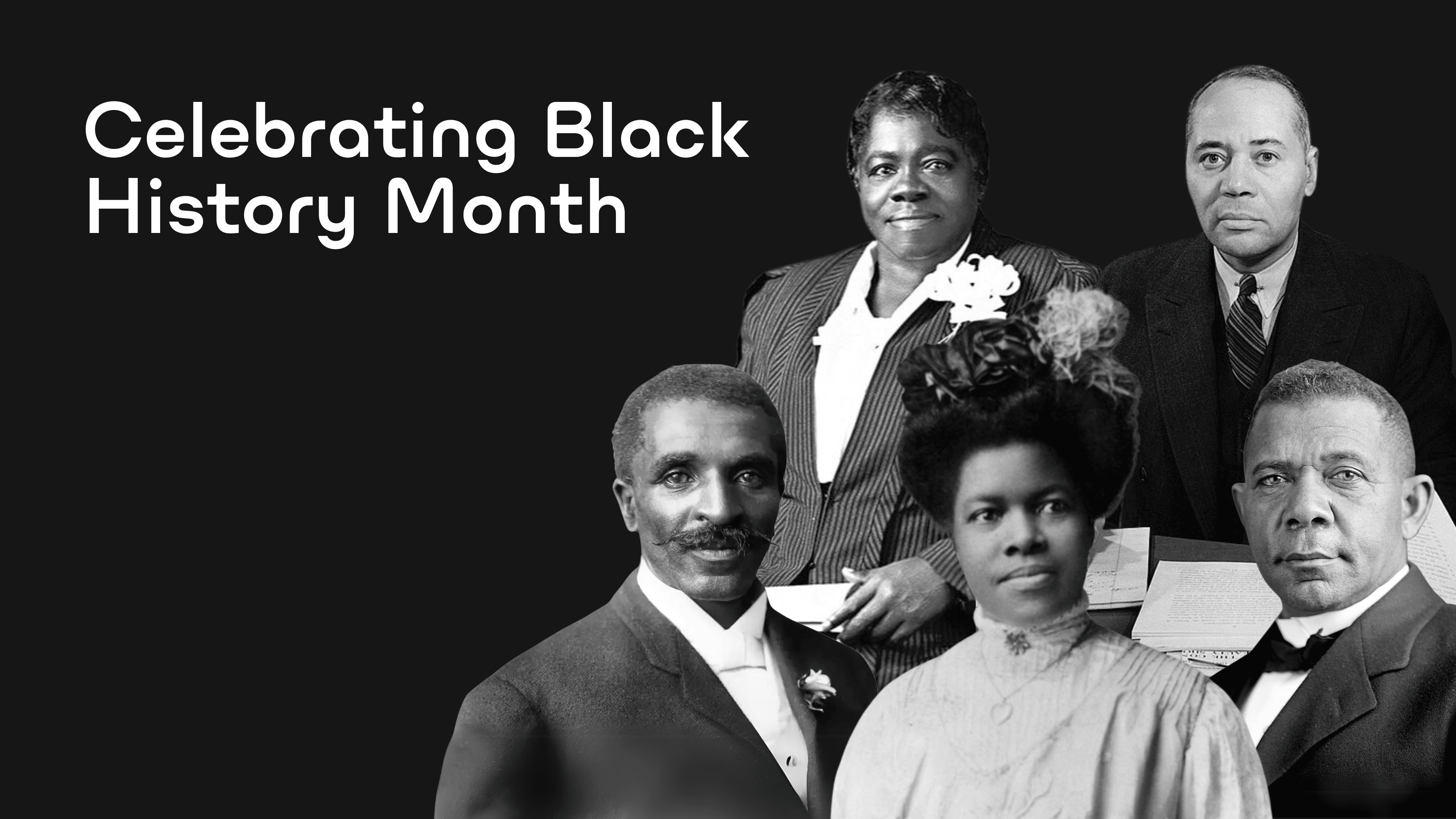Breaking Barriers: Women Pioneers in Career and Technical Education
This Women's History Month, we recognize these pioneering educators whose determination and vision helped shape career and technical education in America. Their stories remind us that expanding educational opportunities for women benefits not just individual students but strengthens our entire society.
.png)
As we celebrate Women's History Month, we honor the visionary female educators who transformed Career and Technical Education (CTE) in America. These remarkable women challenged societal norms, created new educational pathways, and opened doors for generations of students. Their pioneering work not only expanded opportunities for women but fundamentally reshaped how we approach career preparation and technical training.
Emma Hart Willard: Setting the Foundation
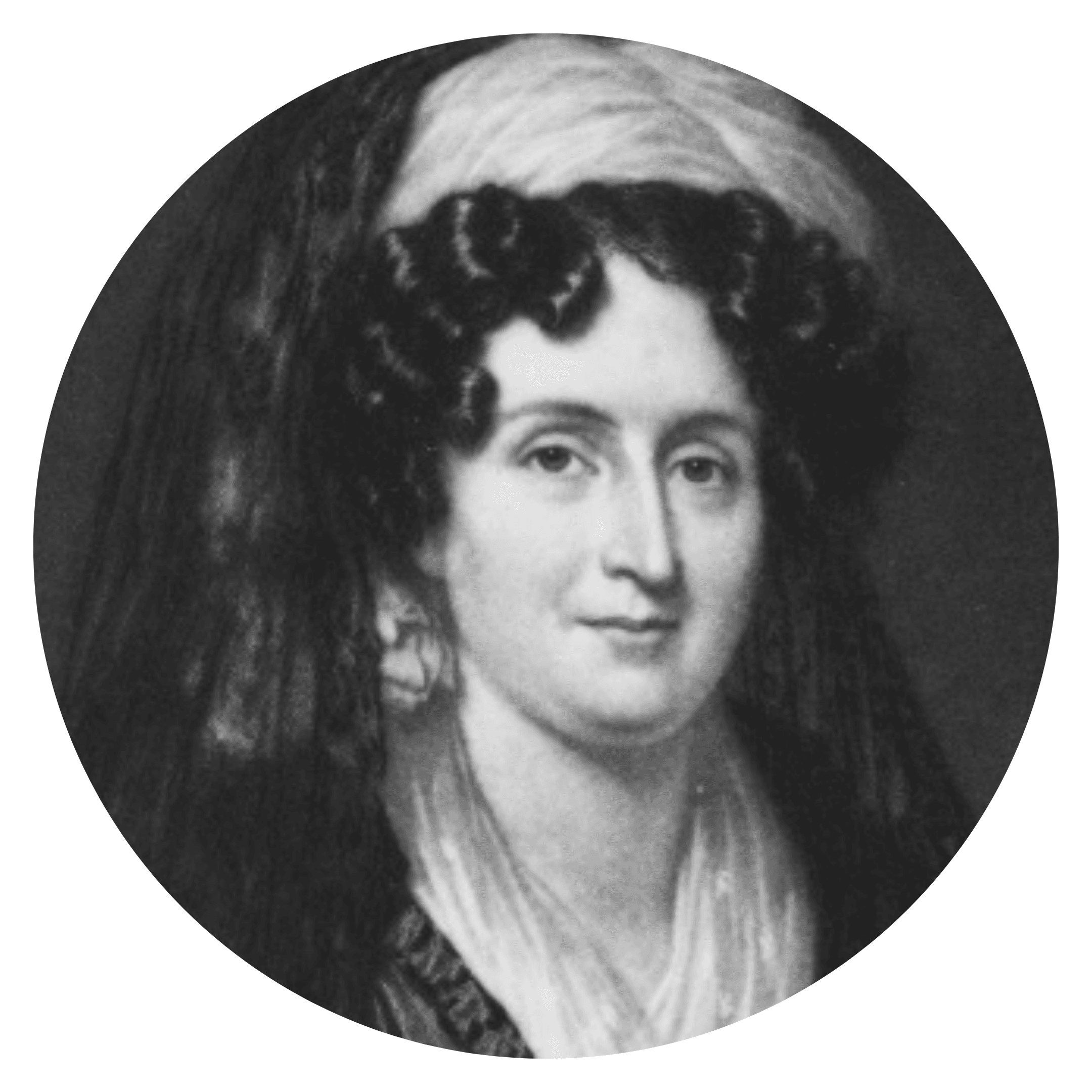
Long before career education was formalized, Emma Hart Willard (1787-1870) was laying crucial groundwork. In 1821, she founded the Troy Female Seminary in New York, one of America's first institutions offering young women an education comparable to that available to men. What made Willard's approach revolutionary was her insistence on including subjects considered "masculine" at the time—mathematics, science, and philosophy—alongside traditional female accomplishments.
Willard believed that women deserved comprehensive education that would prepare them for economic independence. Her curriculum included practical subjects as well as academic ones, creating a model that would influence generations of educators. Her 1819 "Plan for Improving Female Education" became a foundational document for women's education in America, arguing that the republic needed educated women to raise informed citizens.
Catherine Beecher: Professionalizing Domestic Arts
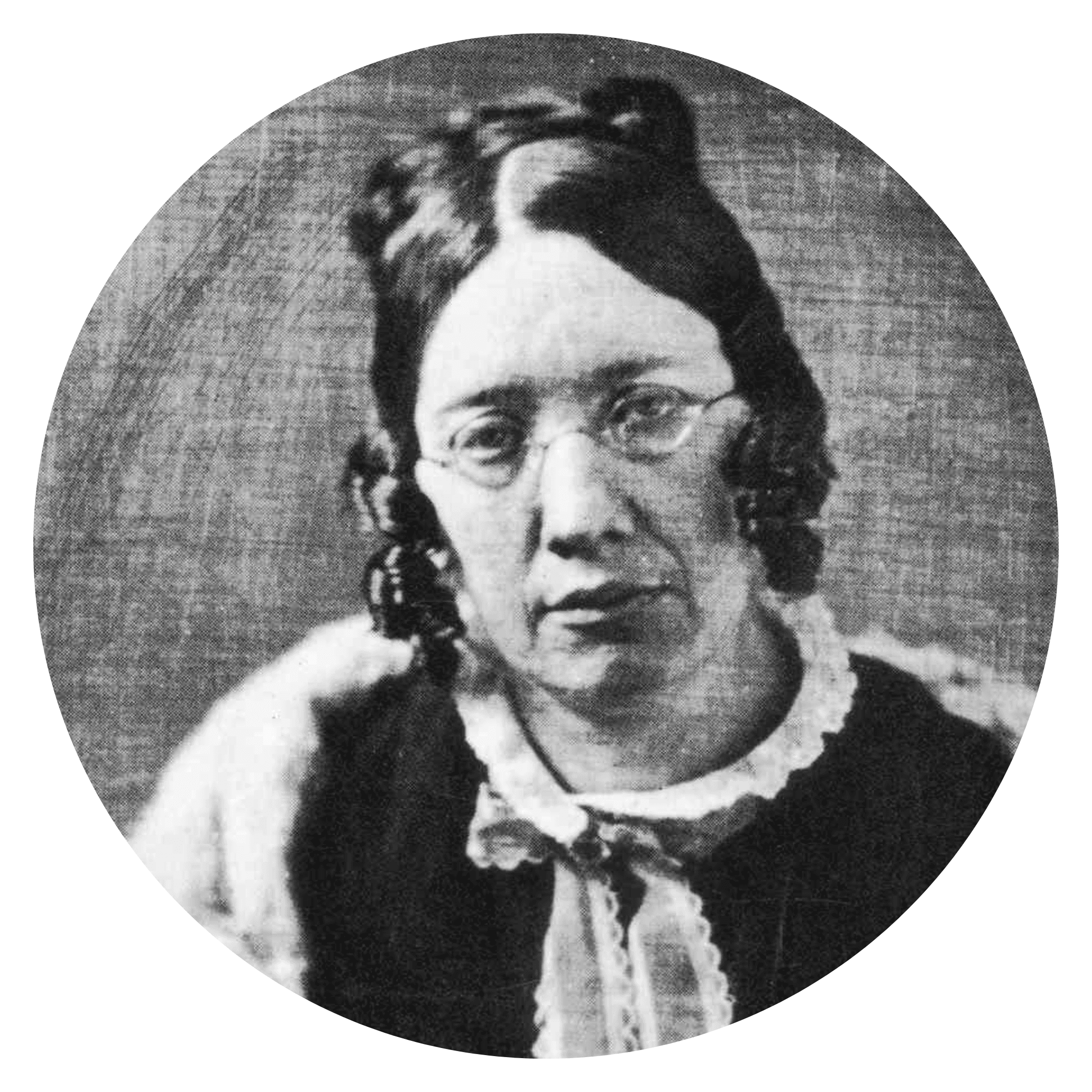
Catherine Beecher (1800-1878) transformed how America viewed domestic education by elevating homemaking from mere drudgery to a respected profession requiring scientific knowledge and technical skill. Through her influential books, including "A Treatise on Domestic Economy" (1841), Beecher created a systematic approach to domestic education that combined theory with practical application.
Beecher founded several educational institutions, including the Hartford Female Seminary, where she developed curricula that treated domestic arts with the same rigor as other academic subjects. Her approach incorporated chemistry, nutrition, sanitation, and economics into domestic education, effectively creating one of the earliest forms of structured career education for women. By professionalizing domestic work, Beecher created a path for women to gain societal respect while developing marketable skills.
Mary Lyon: Democratizing Higher Education
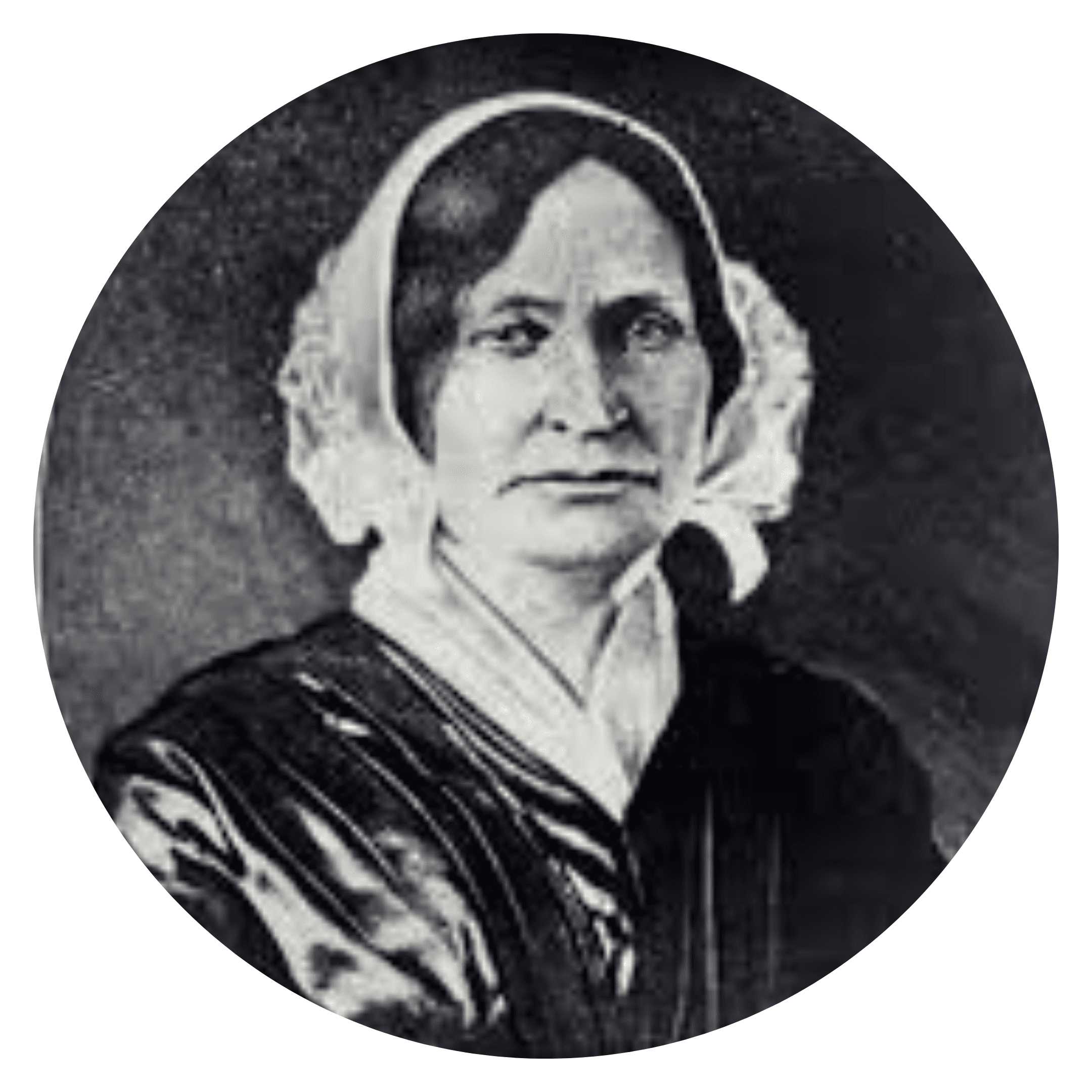
When Mary Lyon founded Mount Holyoke Female Seminary (later Mount Holyoke College) in 1837, she created a revolutionary model for women's education that combined academic rigor with practical training at an affordable cost. Lyon believed that education should be accessible to women from all economic backgrounds, not just the wealthy.
Lyon's curriculum included both traditional academic subjects and practical skills that prepared women for teaching and other careers. Her innovative approach included a cooperative living system where students performed domestic work to reduce costs, simultaneously learning practical skills while earning their education. This system made career preparation accessible to middle-class and working-class women, democratizing higher education in ways that would influence future vocational programs.
Jane Addams: Bridging Education and Social Reform
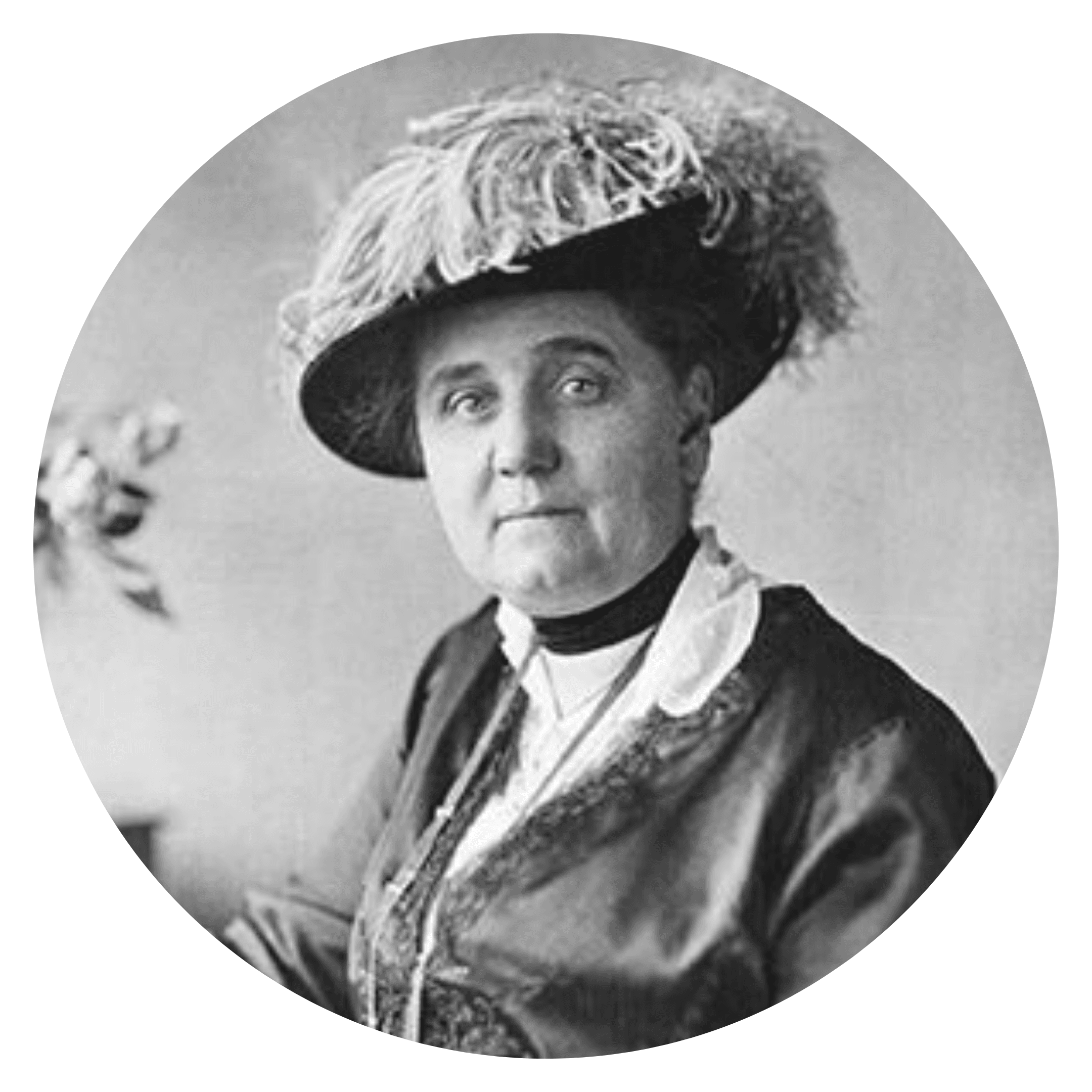
Nobel Peace Prize winner Jane Addams (1860-1935) revolutionized vocational training through her work at Hull House in Chicago, founded in 1889. This settlement house became a laboratory for innovative approaches to career education that addressed real community needs.
Addams recognized that immigrants and working-class women needed practical skills to achieve economic security. Hull House offered classes in industrial arts, commercial subjects, and domestic sciences, always connecting learning to actual employment opportunities. Addams' approach was holistic—she understood that effective career education had to acknowledge social context and community needs. Her advocacy led to better labor laws and educational reforms that expanded vocational opportunities for women and immigrants.
Anna Julia Cooper: Advancing Educational Equity

Dr. Anna Julia Cooper (1858-1964), born into slavery and later earning a PhD from the Sorbonne, became a powerful advocate for educational equity through her work as principal of the M Street High School (later Dunbar High School) in Washington, D.C. Cooper fought tirelessly to ensure that African American students, particularly women, had access to rigorous academic and vocational education.
"When and where I enter, in the quiet, undisputed dignity of my womanhood, without violence and without suing or special patronage, then and there the whole race enters with me," Cooper wrote in her groundbreaking 1892 book "A Voice from the South." As an educator, she implemented curricula that prepared students for both higher education and vocational careers, refusing to accept the limited opportunities typically afforded to Black students. Her approach integrated classical education with practical skills, creating pathways for her students to succeed in various professions.
Mary McLeod Bethune: Creating New Educational Models
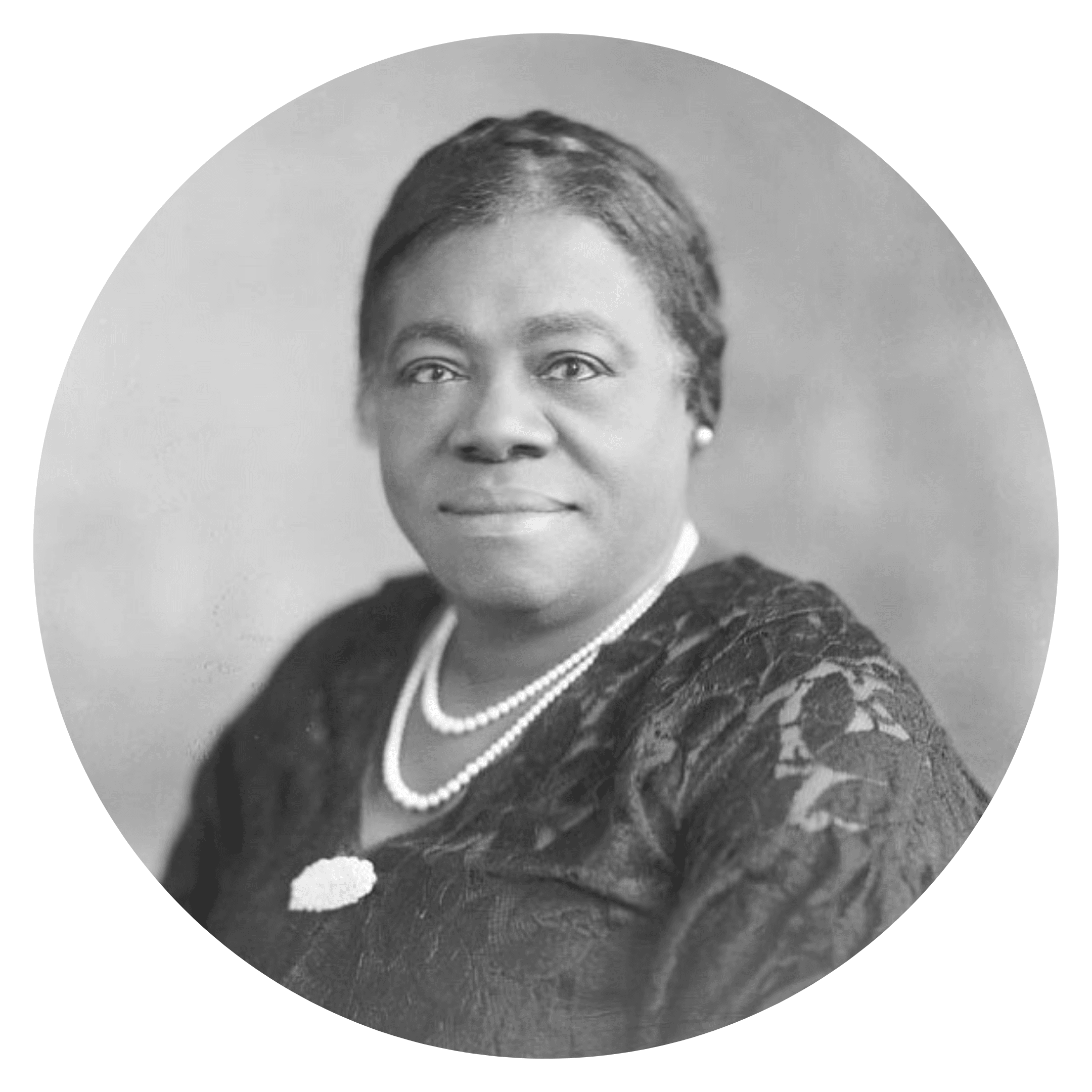
As mentioned in our Black History Month feature, Mary McLeod Bethune (1875-1955) created transformative educational models when she founded the Daytona Educational and Industrial Training School for Negro Girls in 1904. What deserves additional emphasis during Women's History Month is how Bethune specifically tailored her educational approach to address the unique challenges facing Black women.
Bethune understood that African American women faced both racial and gender discrimination, requiring an educational approach that would prepare them to overcome multiple barriers. Her curriculum combined liberal arts with vocational training, preparing women to be both economically self-sufficient and community leaders. As her school evolved into Bethune-Cookman College, she maintained this balanced approach, creating educational models that would influence generations of educators focused on women's career preparation.
Ellen Swallow Richards: Pioneering Home Economics Education
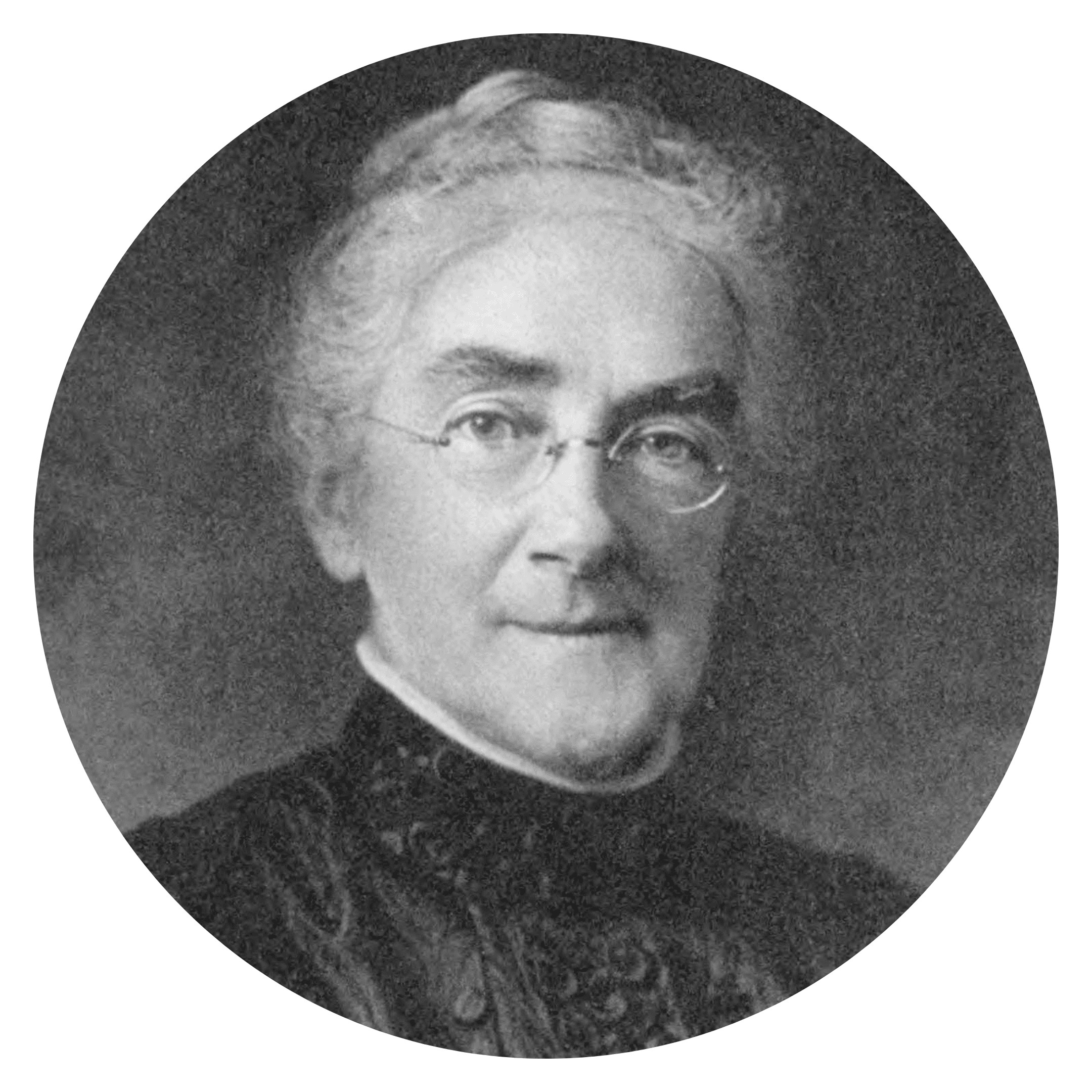
Ellen Swallow Richards' work in the early 20th century helped establish home economics as a legitimate academic discipline with rigorous standards and scientific foundations. As one of the founding members of the American Home Economics Association in 1909, Ellen helped transform domestic education from informal training to structured career preparation.
Ellen recognized that home economics could provide women with career opportunities beyond homemaking, including food science, nutrition, textiles, and education. Her approach combined scientific principles with practical applications, creating educational programs that prepared women for professional careers while improving family wellbeing. Through her work, thousands of women found pathways to economic independence in fields that were socially acceptable during a time of limited professional options.
Winifred Hathaway: Advancing Special Needs Vocational Education
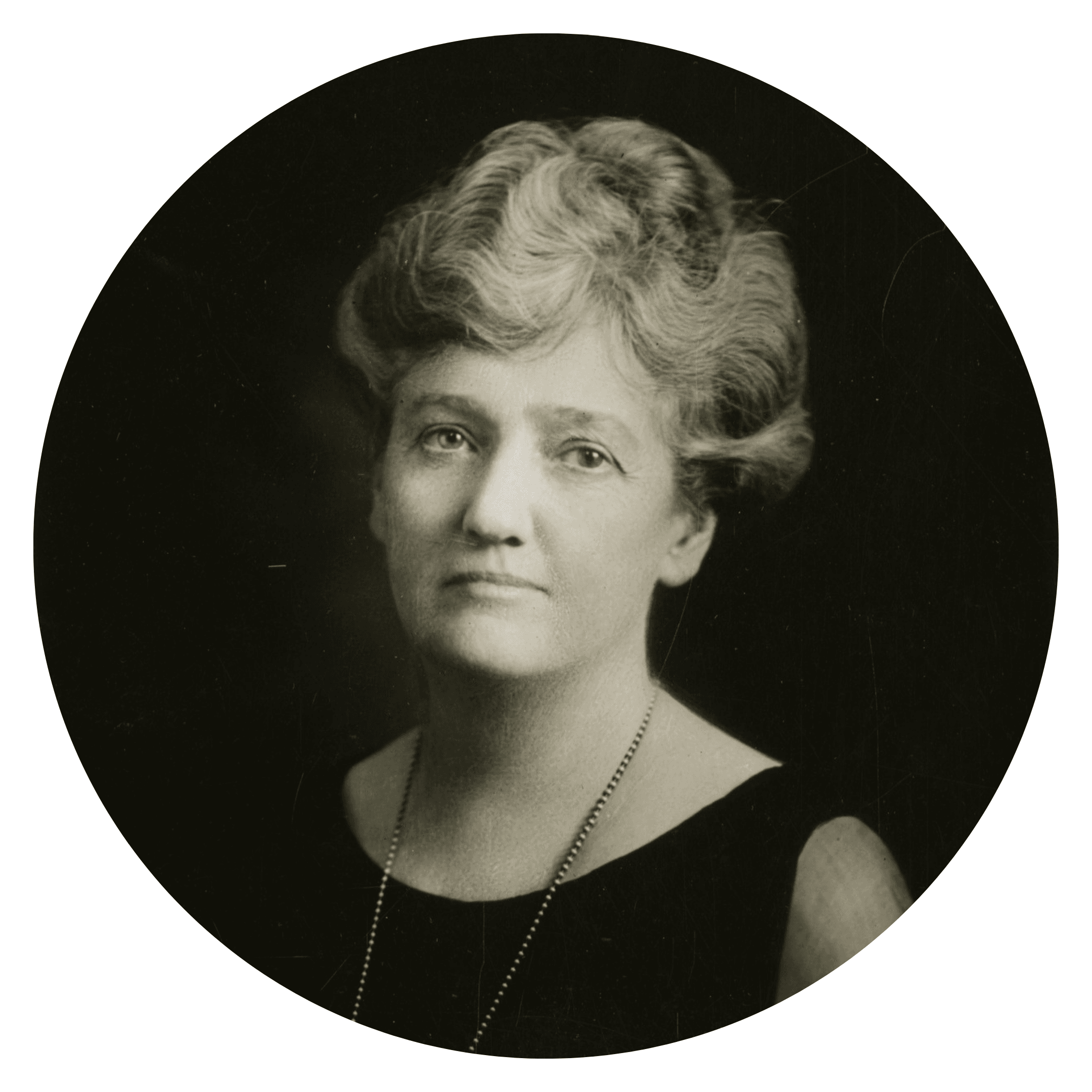
Winifred Hathaway's pioneering work in the early 20th century focused on developing vocational education programs for students with visual impairments. As an educator and advocate with the National Society for the Prevention of Blindness, Hathaway developed innovative approaches to career training that opened new possibilities for students with disabilities.
Hathaway's 1943 book "Education and Health of the Partially Seeing Child" helped establish standards for vocational programs that accommodated visual impairments while maintaining high expectations for student achievement. Her work highlighted the importance of adapting career education for diverse learning needs—a principle that would eventually expand to include all types of disabilities. Hathaway demonstrated that with appropriate accommodations, students with disabilities could master vocational skills and achieve economic independence.
Legacy and Continuing Impact
These women pioneers transformed career and technical education through their innovative approaches, often working against significant societal constraints. Their legacy lives on in several fundamental principles that continue to shape effective CTE programs:
- The integration of academic knowledge with practical skills
- The importance of making career education accessible across socioeconomic boundaries
- The need to adapt vocational training to meet diverse learning needs
- The value of connecting career preparation to community needs
- The power of education to create pathways to economic independence
As we celebrate Women's History Month, we honor these remarkable educators not just for breaking barriers in their own careers, but for creating educational models that have opened doors for countless others. Their vision of education as a pathway to economic empowerment and social change continues to inspire innovations in career and technical education today.

.webp)

.webp)
